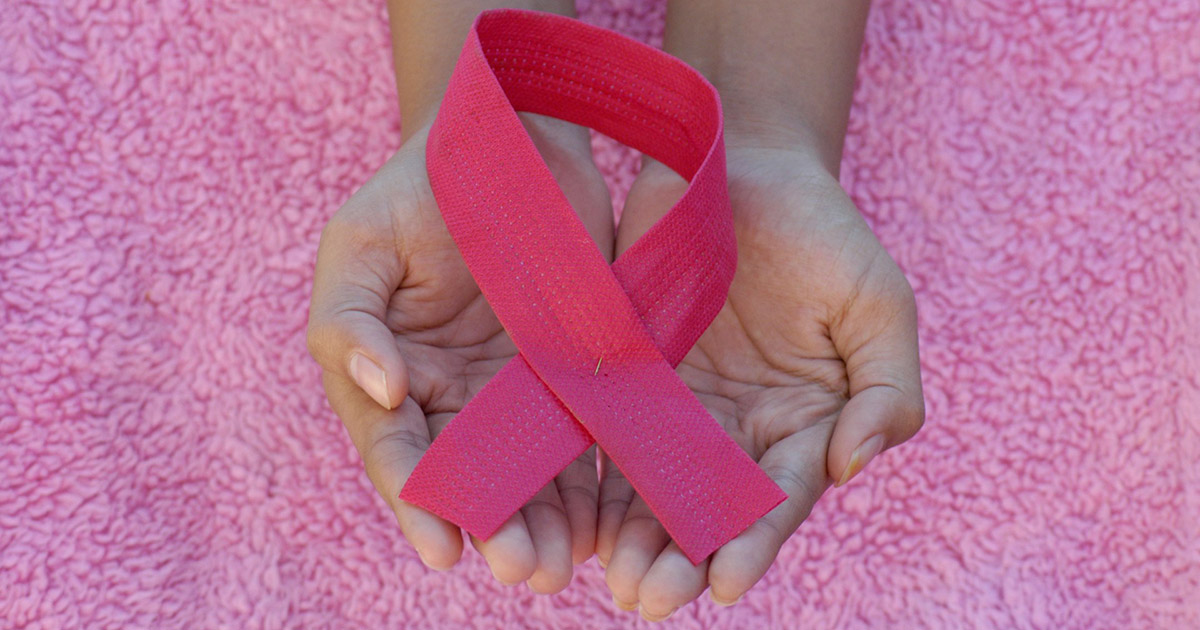Table of Contents
Understanding Breast Cancer Financial Grants
Breast cancer grants are non-repayable funds provided by various organizations. They are specifically designed to help patients manage the financial impact of diagnosis and treatment. Unlike loans, these grants don’t require repayment. This makes them invaluable resources for those experiencing financial strain.
Many patients don’t realize that financial assistance for breast cancer extends beyond just medical bills. Grants can help with:
- Treatment costs not covered by insurance
- Transportation to medical appointments
- Rent or mortgage payments
- Utility bills
- Car payments
- Childcare expenses
- Medication costs
Types of Financial Support Available
Organizations offering breast cancer financial grants can provide support as:
- Direct financial support through one-time or recurring grants
- Reimbursement for specific expenses
- Payment directly to service providers (like utility companies)
- Assistance with insurance co-pays and deductibles
The Susan G. Komen Foundation, for example, provides a one-time $400 grant that can be renewed annually for eligible patients. The Pink Fund offers short-term assistance (typically 90 days) for non-medical living expenses. Their payments are made directly to creditors for costs like housing, utilities, and transportation.

Eligibility Requirements
While requirements vary between organizations, most breast cancer grant programs typically require:
- Documentation of breast cancer diagnosis
- Proof of active treatment (surgery, chemotherapy, radiation)
- Financial information showing need (tax returns, pay stubs)
- Residency in the service area of the grant organization
- Income below a certain percentage of federal poverty guidelines
Application Process Simplified
To successfully secure financial grants for breast cancer:
- Research available grants through resources like the Cancer Financial Assistance Coalition
- Connect with your cancer center’s social worker or financial navigator
- Determine eligibility requirements for each program
- Gather necessary documentation (medical records, financial information)
- Submit an application before deadlines
- Follow up as needed with the granting organization
Understanding Metastatic Breast Cancer Grants
Beyond Traditional Grants
- Hospital charity care programs
- Pharmaceutical assistance programs for medications
- Community fundraising platforms
- Disease-specific nonprofit organizations like the United Breast Cancer Foundation
- Faith-based support services
Taking Action
The key to managing finances while navigating breast cancer treatments is early action. Many patients wait until they’re facing severe financial burdens before seeking help. By exploring grant options early in your treatment journey, you can focus more energy on healing and less on financial stress.
At Qualify Health, we’re committed to helping healthcare organizations connect their patients with financial resources that make care more accessible and reduce the burden of medical expenses.




